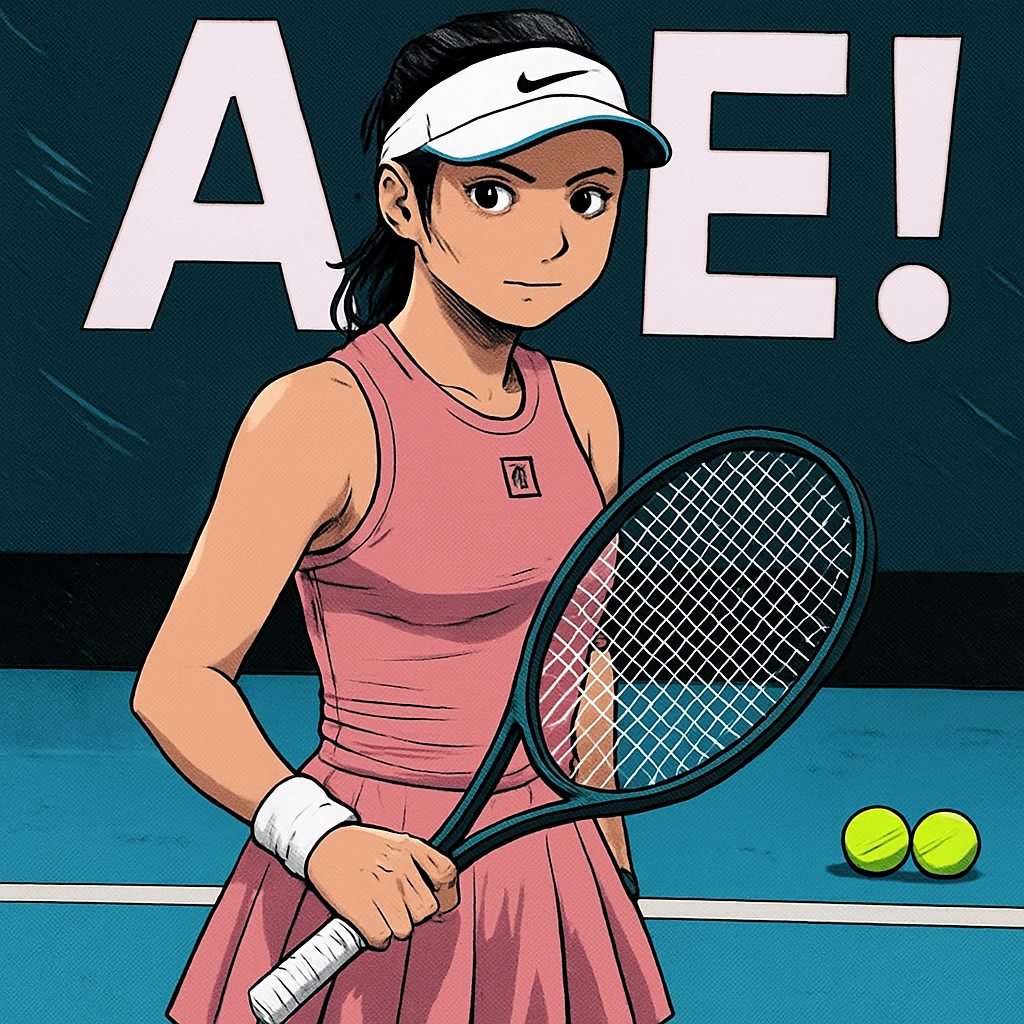Emma Raducanu’s former coach, Nick Cavaday, has laid out a clear three-point plan for the British tennis star to refocus her season following a disappointing first-round exit at the US Open. Raducanu, who sensationally won the tournament as a qualifier in 2021, was defeated 6-2, 6-4 by Russia’s world No. 19, Daria Kasatkina, in a match that lasted just one hour and 24 minutes.
In the wake of the loss, Cavaday, who worked closely with Raducanu during her formative years and briefly reunited with her earlier this season, emphasized the need for perspective and a structured approach. He told Tennis365, "It’s about looking forward now, not back. The Flushing Meadows fairytale is part of history. The key is to build a new chapter with clear, achievable goals."
The Three-Point Roadmap for Recovery
Cavaday’s advice centers on three specific targets he believes Raducanu should set for the remainder of the 2024 season. These are designed not just to accumulate ranking points, but to rebuild confidence and establish a consistent foundation for the grueling 2025 campaign.
Target One: Secure a Top 60 Year-End Ranking
Currently sitting just inside the world's top 100 following her US Open run, Cavaday insists a push for the top 60 is entirely realistic. "The ranking is a byproduct of process and performance," he stated. "Aim for the top 60. It’s a tangible target that requires winning a couple of matches at each tournament she plays for the rest of the year."
This goal would provide a crucial seeding buffer for Grand Slams next year, potentially allowing her to avoid top players in the early rounds. With points to defend in the Asian swing and beyond, a focused effort on WTA 250 and 500 events will be crucial. Cavaday highlighted the upcoming tournaments in China as a prime opportunity.
Target Two: Play a Full, Uninterrupted Off-Season
Perhaps the most critical target, according to Cavaday, is one that doesn't involve a trophy or ranking points. Raducanu’s young career has been notoriously hampered by a series of injuries and surgeries that have disrupted her rhythm and training blocks.
"The absolute number one priority must be getting a full, healthy, and uninterrupted pre-season under her belt," Cavaday asserted. "This isn’t about hitting millions of balls; it’s about physical conditioning. Building a robust physical base is non-negotiable for enduring the demands of the tour."
He elaborated that a consistent 8-10 week block of strength and conditioning work would be more valuable than any single tournament win, as it would provide the platform for a sustained run in 2025 without the constant fear of physical breakdown.
Target Three: Forge a Consistent Coaching Partnership
Raducanu’s frequent coaching changes have been a constant topic of discussion. Since her US Open triumph, she has worked with a handful of high-profile coaches, including Andrew Richardson, Torben Beltz, Dmitry Tursunov, and Sebastian Sachs.
Cavaday, who himself stepped back from a full-time role due to personal commitments, believes stability is key. "Finding the right person and sticking with them through the inevitable ups and downs is vital. It’s not about a quick fix; it’s about building a long-term relationship based on trust and a shared vision. The goal for the rest of the year should be to find that person and start building."
This consistency, he argues, would allow for the development of a coherent game plan and tactical identity, something that has sometimes appeared missing in her matches against the tour's most consistent operators.
Building on the Positives
Despite the heavy scoreline against Kasatkina, Cavaday was quick to point out the positives from Raducanu’s summer. Her run to the fourth round of Wimbledon, which included impressive victories over Maria Sakkari and Elise Mertens, demonstrated the high level she can still produce.
"People see the loss in New York and think it’s all negative. They forget she was one of the best players at Wimbledon just a few weeks ago. The level is there. The fight is there. It’s about finding consistency and managing expectations," he said.
He also praised her decision to largely bypass the clay-court season to ensure she was fully fit for the grass, a move that showed maturity and a strategic approach to scheduling that will benefit her in the long run.
A Long-Term Perspective
Cavaday’s three targets are notably process-oriented rather than solely focused on results. This shift in mindset, he believes, is essential for Raducanu’s long-term development and happiness on tour.
"The pressure on Emma has been unlike anything we’ve seen in British sport. These goals are about taking back control. It’s about focusing on what she can control: her fitness, her team, and her performance in each individual match. The rankings and the big wins will follow."
The road ahead includes tournaments in Guangzhou, Beijing, and potentially the WTA Finals in Cancun if she can secure a late spot. However, the real work will begin when the season ends and the focus shifts to that crucial off-season block.
Cavaday concluded with a message of unwavering belief: "She has the talent to be a top-10 player, without a doubt. This isn’t about rebuilding; it’s about building, period. And it starts now with these small, smart steps."

